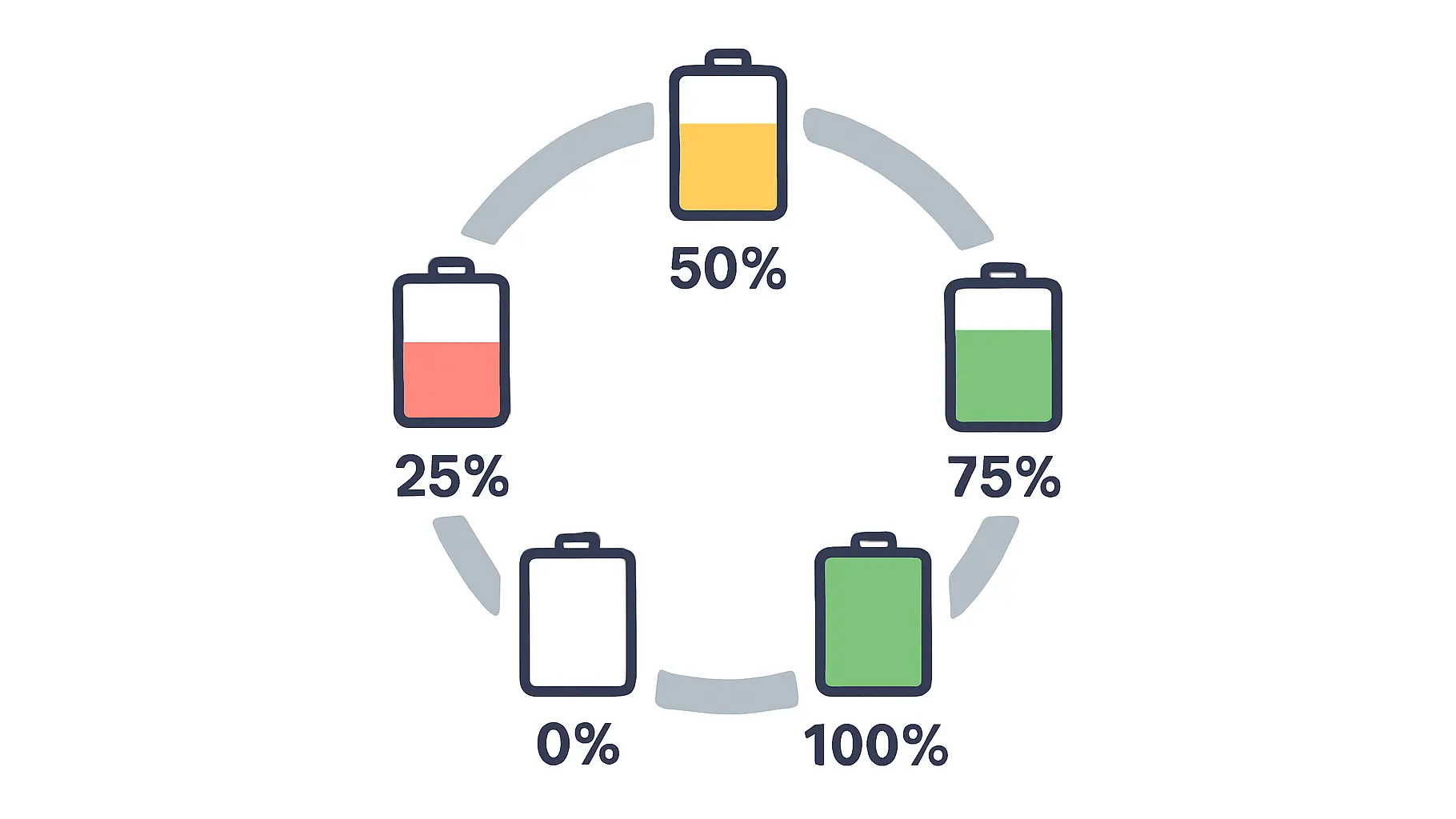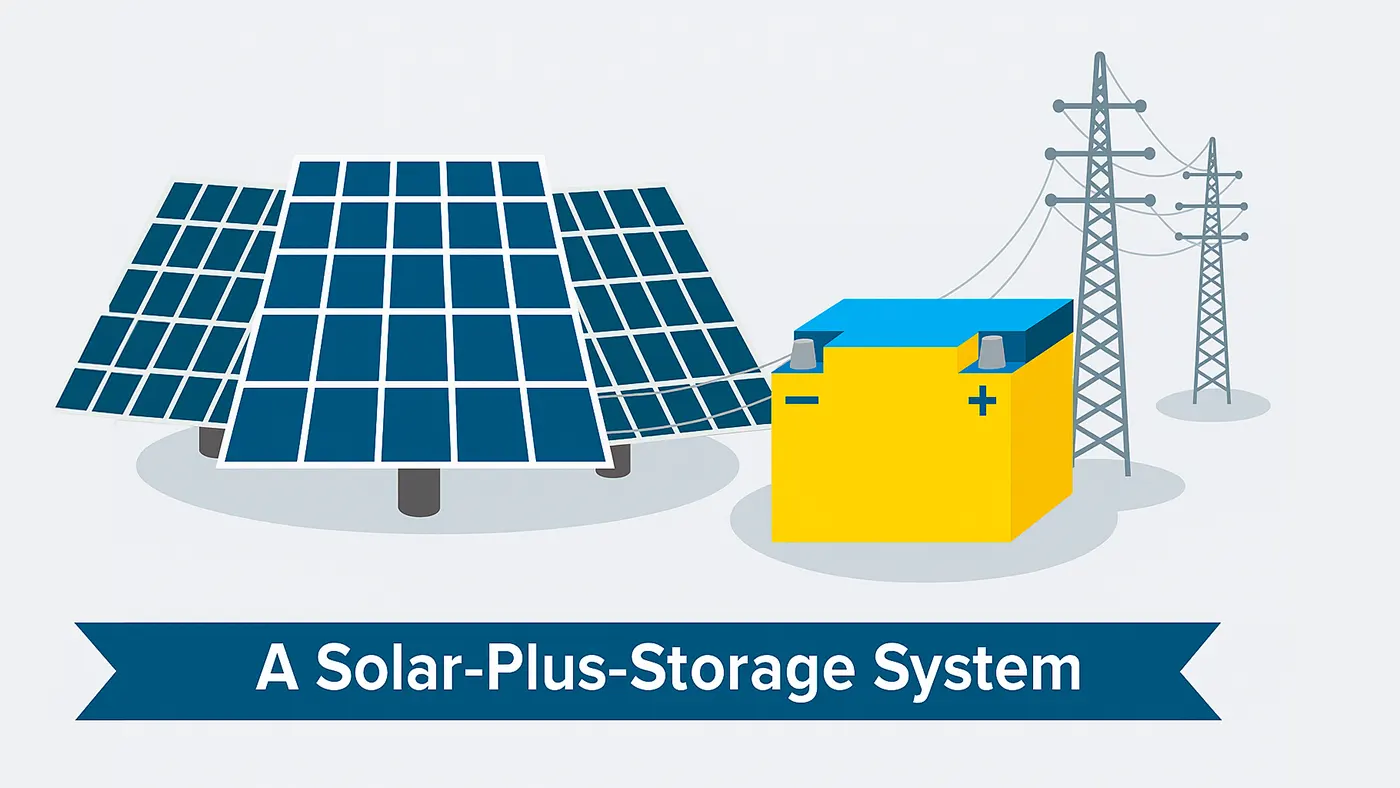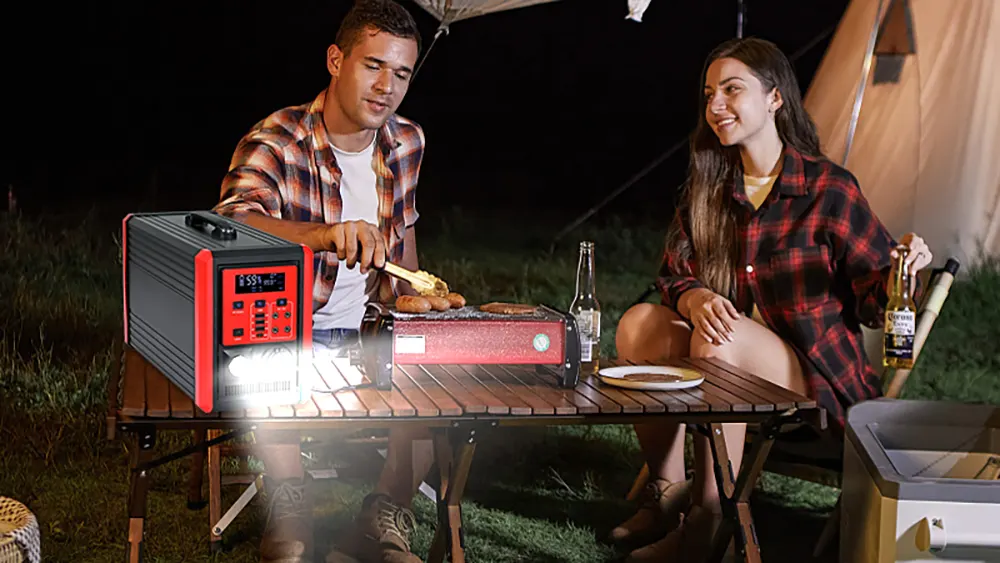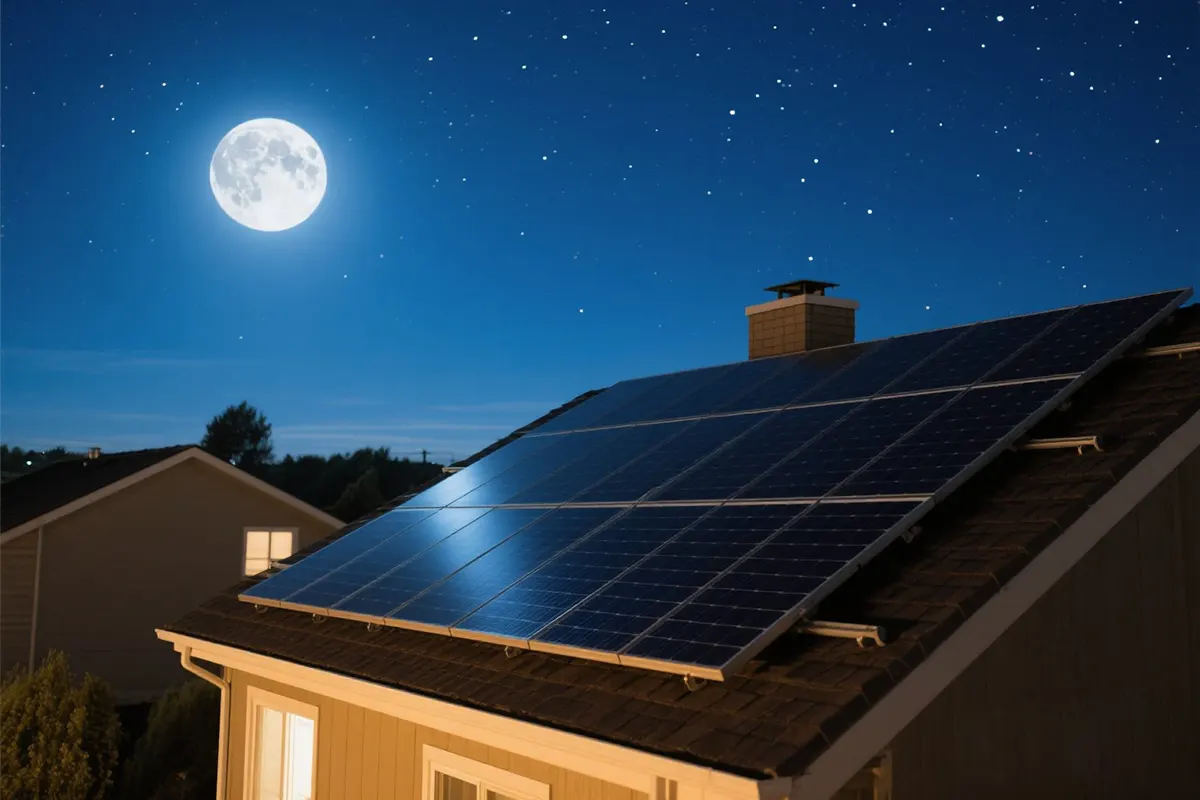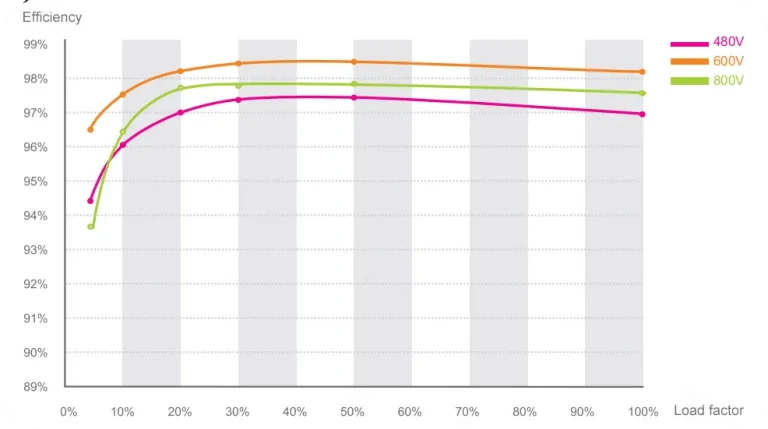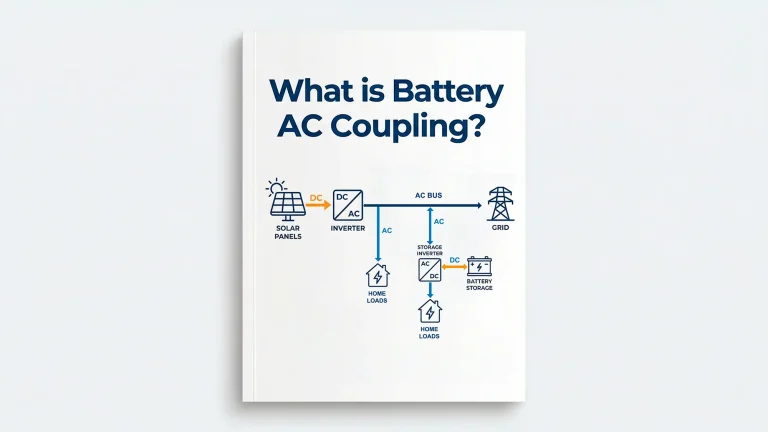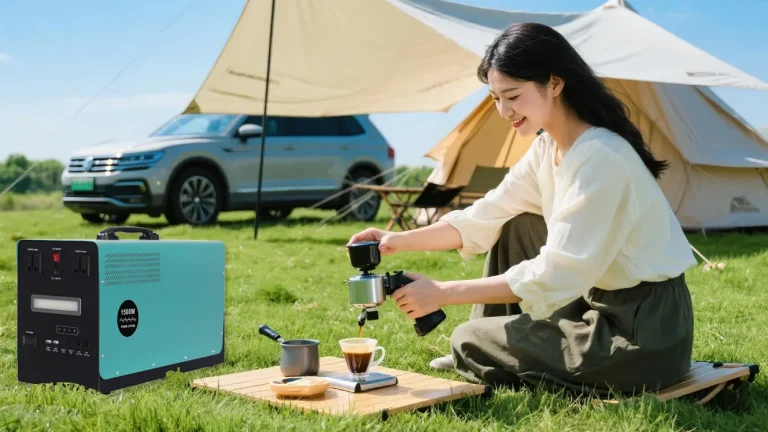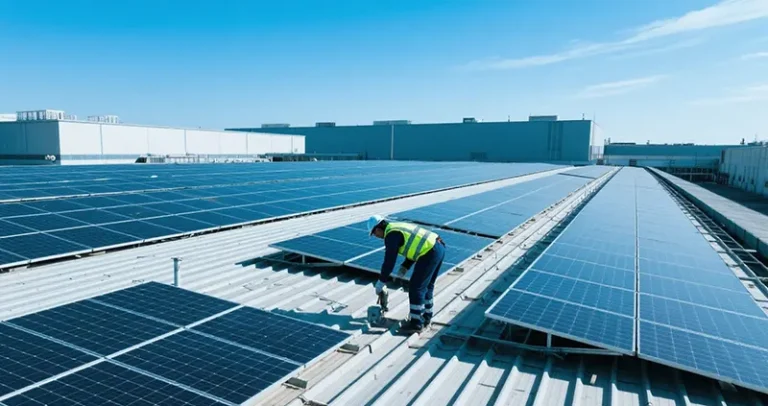7 August, 2025
How Long Does a Home Backup Battery Last? Key Factors and Practical Insights for Your Household
A home backup battery is an energy storage device that provides continuous power during home outages or emergencies. It typically charges via the grid or solar panels and powers household appliances when needed.
These systems are often paired with solar power setups to maintain power during outages, reduce dependency on the conventional grid, and promote energy efficiency and independence. Compared to traditional diesel generators, battery systems operate quietly, are eco-friendly, and require no refueling.
But the critical question is: how long can a backup battery sustain your home during a power outage? Is it sufficient to handle prolonged blackouts? Is it a worthwhile investment?
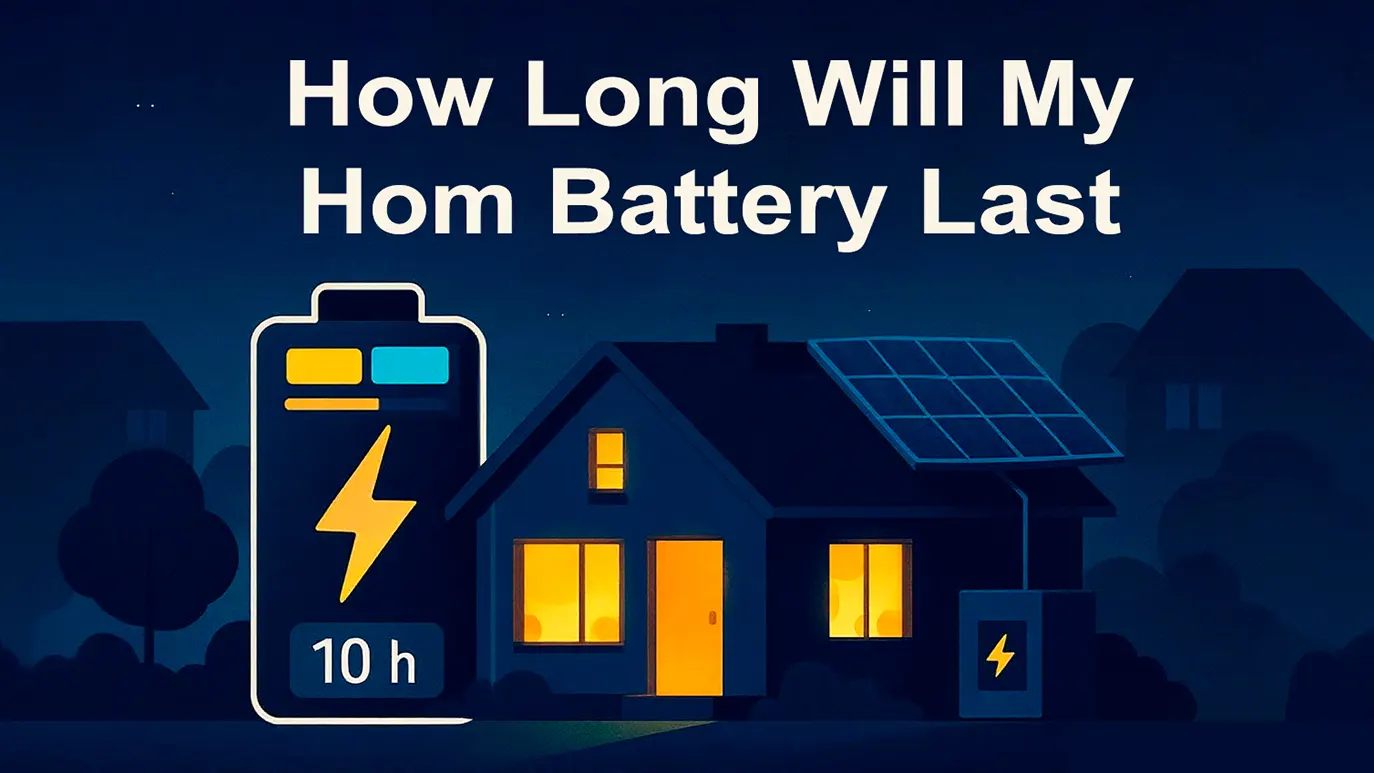
This article explores the key factors determining how long a backup battery can run. It helps you choose the right capacity based on your household’s energy usage and make the most of your battery system.
How Long Can a Battery Power Your Home?
The duration a backup battery can power your home depends on several critical factors: battery capacity, depth of discharge, total load power, and whether solar charging is available.
For instance, a 10kWh battery can deliver 10,000 watt-hours of energy. If your household appliances draw a total of 2,000 watts, the battery would last approximately 5 hours.
If paired with solar panels, the system can power your home while charging during daylight, significantly extending runtime. In sunny regions, near-continuous power is achievable. Without solar charging, long outages may quickly drain the battery.
Understanding your household’s average daily energy consumption is crucial. Most homes consume approximately 10–30kWh per day, depending on size, climate, and appliance usage. Choosing a battery capacity aligned with your needs ensures reliable power when most needed.
How Solar Charging Works with Home Backup Batteries
Pairing a backup battery with solar panels converts sunlight into electricity during the day to charge the battery. This setup allows simultaneous power delivery and charging, sustaining power as long as sunlight is available.
The two critical factors that influence system efficiency are:
Solar panel output capacity–determines how much energy can be generated daily
Battery storage capacity–determines how much energy can be stored
For example, if a solar system generates 5kWh per day but the battery’s capacity is only 3kWh, the excess power is wasted. Therefore, solar generation and battery storage must be properly matched.
Residential solar systems typically generate 3–10kWh per day. For larger solar output, pairing with a higher-capacity battery ensures efficient energy storage and minimizes waste.
Surge power should also be considered—appliances like refrigerators or pumps draw high power briefly during startup. If the battery’s peak output isn’t sufficient, it may cause shutdowns or trip safety protections.
What Size Backup Battery Do You Need to Power Your Home?
To determine the right backup battery size, first estimate your household’s typical daily energy usage under normal or outage conditions. Battery capacity, measured in kWh, indicates total storable and deliverable energy.
How to choose the right capacity
1. List essential devices and their power ratings (in watts)
2. Estimate daily usage duration for each device
3. Power × usage time yields daily energy needs per device
4. Sum all daily needs and select a battery capacity equal to or slightly above this total
For example, a typical U.S. household uses around 30kWh per day. If you only need to power basic essentials, a mid-sized 10–15kWh battery may suffice; for whole-home operations, a 30kWh or larger system is recommended.
Common Appliances and Their Power Ratings
Before determining the size of the backup battery your home needs, it is essential to consider your household’s energy consumption, critical power needs, and the duration of use.
Large Appliances
Central AC: 2000–5000W
Electric Water Heater: ~4500W/hr
Refrigerator: 100–800W
Washing Machine: 400–1400W
Electric Oven/Stove: 2000–5000W
Small Appliances and Electronics
Microwave: 600–1500W
Vacuum Cleaner: 500–2000W
Hair Dryer: 1200–2000W
TV: 50–400W
Desktop PC: 100–450W
Laptop: 20–75W
LED Bulbs: 5–15W
Mobile Phone: 10–100W
The above are the typical power consumption ranges of common appliances. Actual energy usage may vary depending on the manufacturer, usage patterns, and other factors, so household appliance and electronic device consumption should be estimated based on real conditions.
Estimated Runtime of Home Backup Batteries
Once you have a rough estimate of energy needs and required runtime, you can select suitable battery technology, output specs, and storage capacity based on your budget.
Generally:
A 10kWh battery can power essential appliances (lighting, Wi-Fi, refrigerator) for 10–24 hours
A 20kWh battery supports mid/high-load appliances like air conditioning, washing machines, and TVs for 12–36 hours
A 30kWh or larger system can sustain full-home operations for 1–2 days
The GODE DQ1906D5K6‑02 model includes a 15kWh battery and a 5.6kW inverter, with expandability to support prolonged simultaneous operation of essential devices. For higher demand scenarios, capacity can be scaled up accordingly.
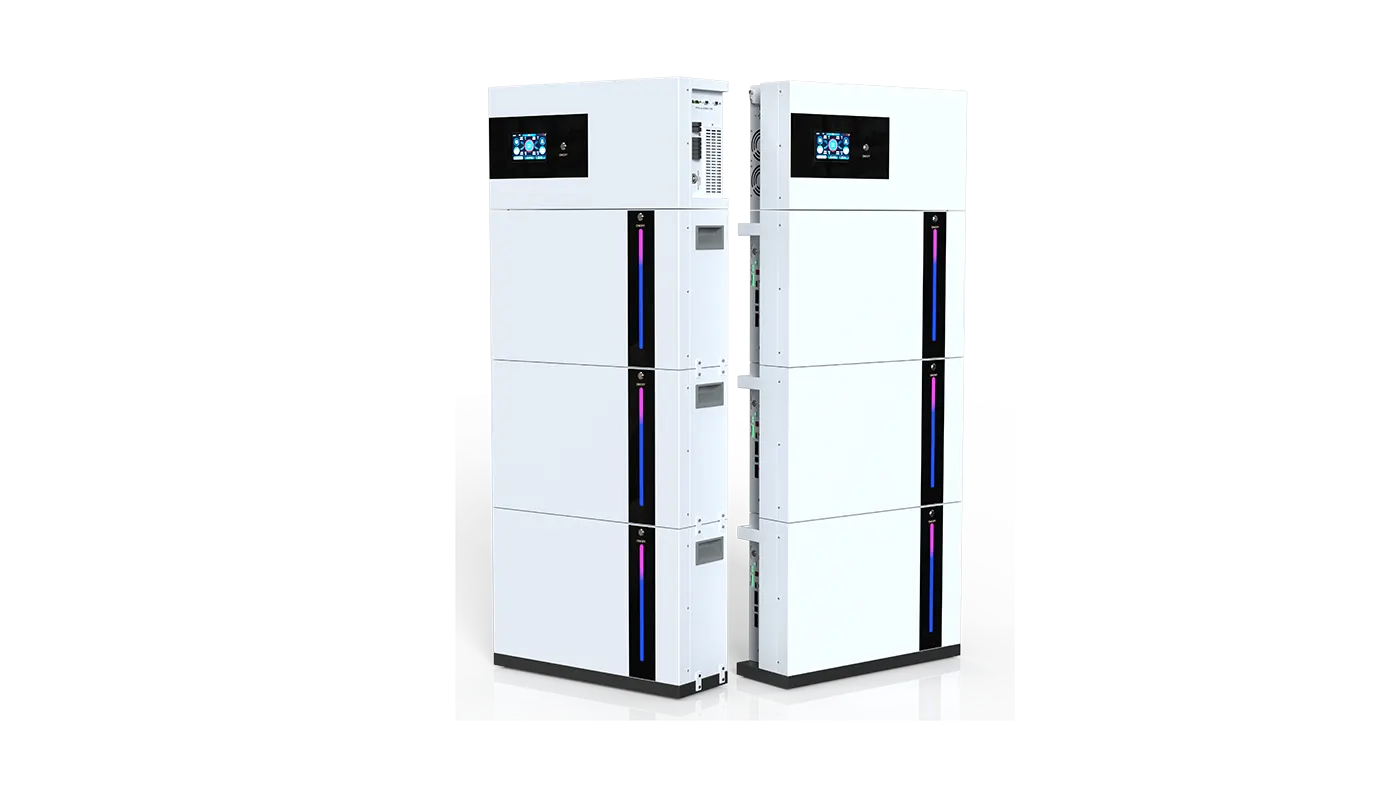
What Affects the Lifespan of Home Backup Batteries
The lifespan of a home backup battery depends on several internal and external factors—including battery chemistry, cycle count, operating temperatures, and usage habits. Understanding these variables helps you choose a more durable and reliable energy solution.
Battery Type
Different types of batteries vary greatly in lifespan. Lithium iron phosphate batteries offer excellent thermal stability and durability, with over 4,000 complete charge-discharge cycles, whereas traditional lead-acid batteries typically support only about 500 cycles and have a much shorter lifespan.
Charge and Discharge Cycles
Battery life is often rated in full charge-discharge cycles. Deep discharges—especially below 20%—accelerate aging, particularly in lead-acid types. Lithium batteries are more resilient, but limiting discharge depth still enhances longevity.
Temperature and Environmental Conditions
High temperatures speed up internal chemical degradation, increase self-discharge, and raise thermal runaway risks. Cold climates slow chemical reactions, reduce output, and extend charging times. Optimal operation lies between 0°C and 40°C.
User Habits and Maintenance
Frequent deep discharging, extended idle periods, or consistently operating at full load all degrade performance. Good maintenance and smart usage practices are key even for high-quality lithium systems.
FAQs
Is a Home Backup Power System Worth It?
If you live off-grid or in an area with frequent power outages, a backup power system ensures uninterrupted access to electricity and minimizes inconvenience. In regions with time-of-use (TOU) electricity pricing, it can help lower energy bills by storing power during off-peak hours and using it during peak times. If your household has a high demand for power reliability, or electricity rates are high, investing in a home backup system can be worthwhile. Consider your needs and budget before deciding.
How Many Hours Can a 10kWh Battery Power a Home?
The runtime of a 10kWh battery depends on your home’s power consumption:
For low-power appliances like lighting and mobile charging (100–200W total load), it can last 50–100 hours.
For higher-power appliances such as air conditioners and refrigerators (1000–2000W total load), it will last 5–10 hours.
Actual performance may vary depending on factors like depth of discharge, battery efficiency, and ambient temperature.
Can I Run an Air Conditioner on a Backup Battery?
Yes, you can power an air conditioner with a backup battery, as long as both the battery capacity and inverter output can handle the AC unit’s startup and running power requirements.
For example, a 1.5-ton air conditioner may require about 1500W to start and 1000W to run, so your inverter and battery must be sized accordingly.
How Many Batteries Do I Need for 24-Hour Use?
If your household consumes 15kWh of electricity per day, you would need at least two 10kWh batteries to meet that demand (taking into account usable capacity and redundancy).
Higher daily usage would require more batteries. It’s important to factor in depth of discharge limits, system losses, and future expansion.
Will Solar Panels Charge the Battery While in Use?
Yes. Solar panels generate electricity when exposed to sunlight. The energy is converted via an inverter to power home appliances directly, and any surplus can be used to charge the battery.
Some inverters also allow you to prioritize charging the battery first. Charging efficiency depends on solar irradiance, battery state-of-charge, and overall system configuration.
Conclusion
A home backup battery is a reliable path toward enhanced power security, energy independence, and sustainability. Whether handling emergencies or optimizing energy use, it’s a worthy investment.
Choosing the right battery type and capacity, pairing with solar where possible, and adopting smart usage practices can extend system lifespan and maximize power efficiency. With thoughtful planning and setup, you can create an eco-friendly, stable, and efficient home energy system that keeps your household powered—come what may.
GODE’s portable power stations and solar energy systems offer reliable backup power solutions for a variety of household needs. Whether it’s the lightweight and travel-friendly DQ1208 series for on-the-go and emergency use, or the DQ1906 home energy storage system designed for long-duration household power supply, GODE provides stable and efficient energy storage solutions. These systems help families reduce their reliance on the traditional power grid and move toward a more eco-friendly, sustainable energy lifestyle.
share

